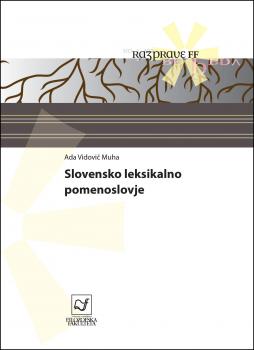Slovensko leksikalno pomenoslovje
Ključne besede:
moderna leksikografija na Slovenskem, leksem, medleksemska razmerjaKratka vsebina
Začetki moderne leksikografije na Slovenskem so smiselno vpeti v začetke modernega razumevanja in razlaganja jezika, lahko rečemo v začetke modernega jezikoslovja. Z razsvetljenstvom zaznamovano vzdušje evropskega trenutka na prelomu v 19. stoletje je prek humboldtovskega ontološkega razumevanja različnosti jezikov kot posledice različnosti »videnja sveta« določene jezikovne skupnosti neposredno ali posredno vplivalo tudi na slovensko jezikoslovno misel. Zasnovo Kopitarjeve slovnice zaznamuje nov metodološki pristop, ki ga v dotedanjem slovenskem slovničarstvu nismo bili vajeni: gre za prvi opis slovenskega jezika, ki temelji na prepoznavnih lastnostih tega jezika samega. Za dotedanje slovnice veljavna normativnost protistave zlasti z nemščino pa tudi latinščino (predvsem Bohorič) se je v Kopitarjevi slovnici umaknila protistavnosti s tujimi jeziki kot utemeljevalnemu načelu določenega spoznanja v zvezi s slovenščino; ker tuji jezik ni imel več vloge normativne orientacije, je bila izbira jezika podrejena stopnji oz. moči utemeljevalnosti, ki jo je izkazoval v zvezi s konkretnim, na slovenščino vezanim jezikoslovnim spoznanjem.
Downloads

Najavljeno
Zbirka
Licenca

To delo je licencirano pod Creative Commons Priznanje avtorstva-Deljenje pod enakimi pogoji 4.0 mednarodno licenco.

